Baker Mayfield had never played in a game as windy as the Browns' Week 8 game against the Las Vegas Raiders.
The winds at kickoff were recorded at 35 miles per hour and occasional gusts were as fast as 50 miles per hour as the flags whipped around their posts at FirstEnergy Stadium all afternoon. Mayfield went 12-for-25 with 122 passing yards, but the passing attack for both teams was hampered by the winds all game — Raiders quarterback Derek Carr was 15-for-24 with 111 yards.
The blustery conditions struck again in Week 10.
This time, winds were clocked at 25 miles per hour at kickoff but reached gusts as high as 70, only four ticks shy of speeds in a Category 1 hurricane. Perhaps aided by experience of playing in high winds in his last game, Mayfield was a touch more effective and went 12-for-20 with 132 passing yards in a 10-7 win.
But for Mayfield — who said Wednesday that the last two Browns games were the windiest he's ever played in — nearly every throw in the previous two games was a bit harder to make.
"(Week 10) was way worse than the Raiders game, to be quite honest with you," Mayfield said Sunday in his postgame interview. "It would just pick up out of nowhere. When it gets in, it just swirls in circles through the stadium and you don't know which way it is really blowing. We were affected by a couple of passes with the wind, but we dealt with it."
Check out exclusive photos of the Browns preparing for their game against the Philadelphia Eagles
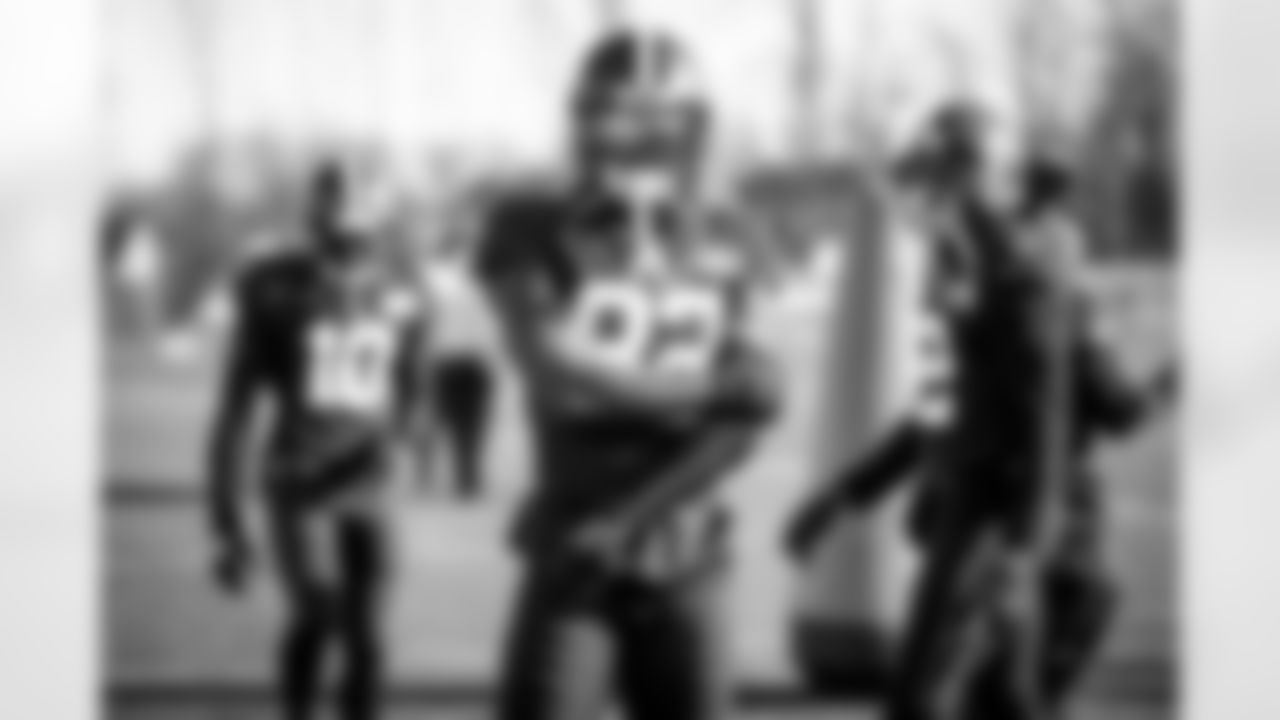
Wide receiver Rashard Higgins (82) during practice on November 18, 2020.

Defensive end Joe Jackson (91) during practice on November 18, 2020.

Wide receiver Jarvis Landry (80) during practice on November 18, 2020.
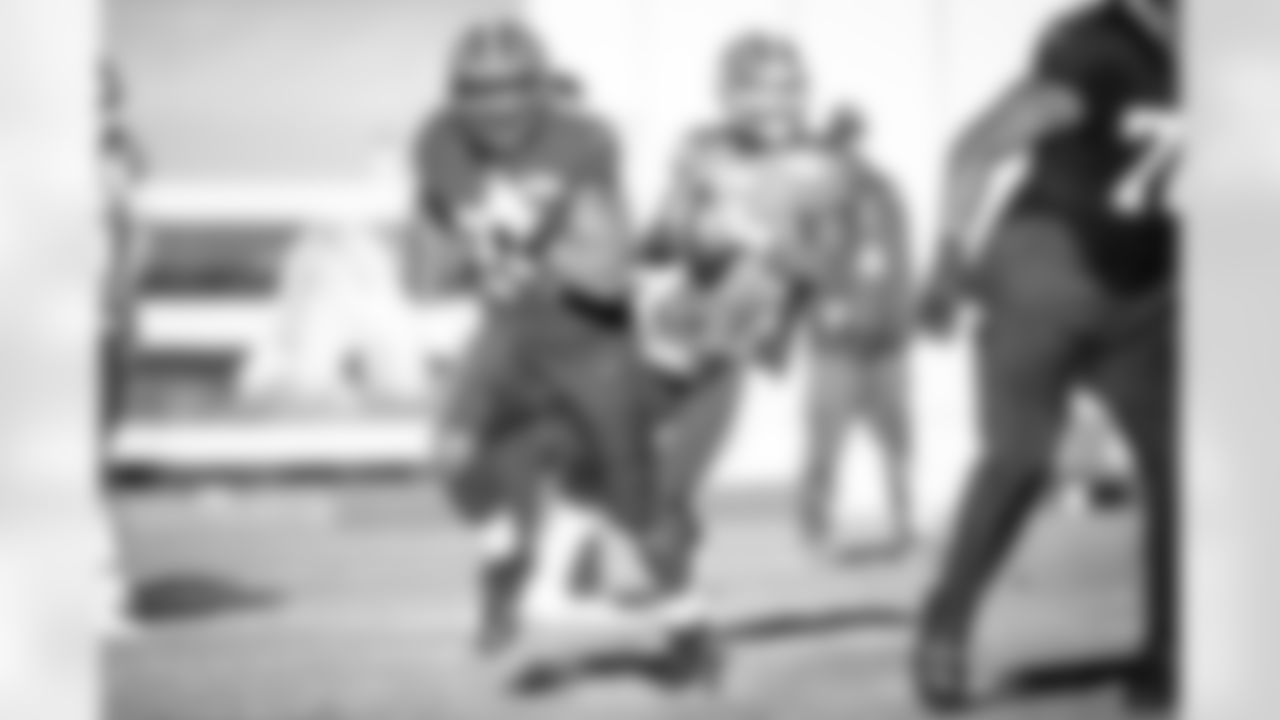
Running Back Nick Chubb (24) during practice on November 18, 2020.

Quarterback Baker Mayfield (6) during practice on November 18, 2020.

Defensive Coordinator Joe Woods during practice on November 18, 2020.
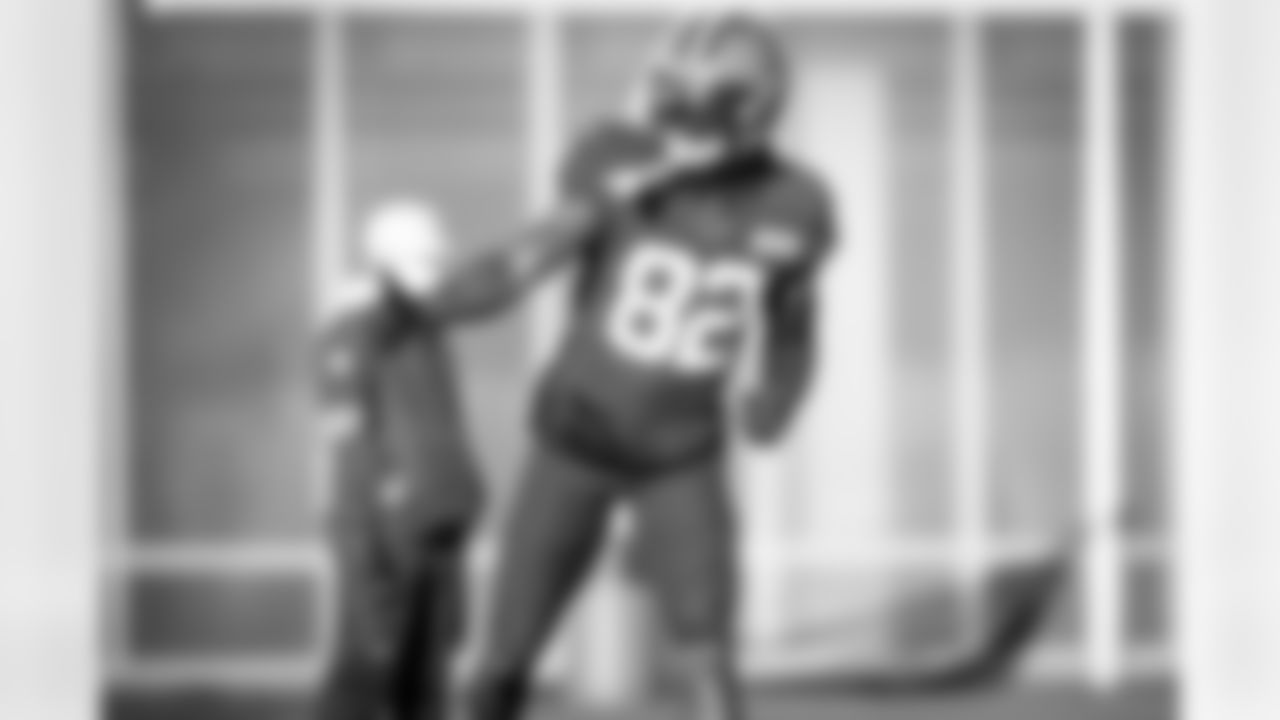
Wide receiver Rashard Higgins (82) during practice on November 18, 2020.

Quarterback Baker Mayfield (6) during practice on November 18, 2020.
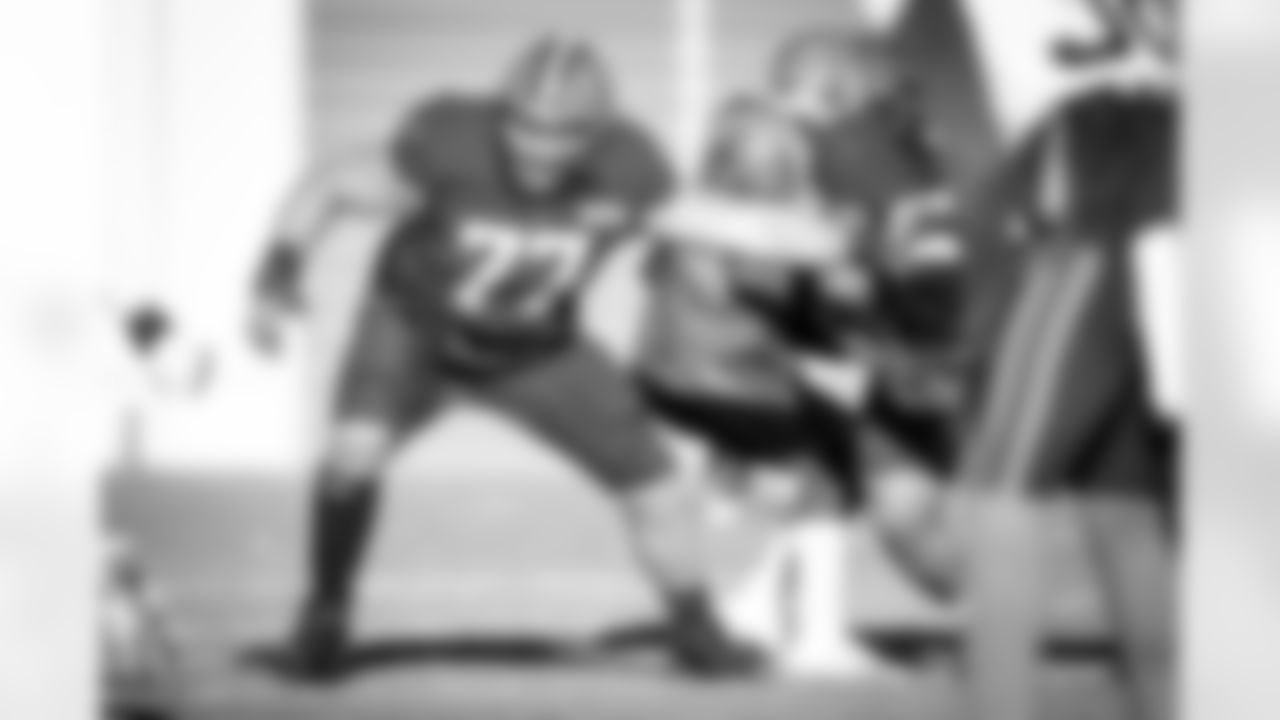
Offensive guard Wyatt Teller (77) during practice on November 18, 2020.

Director, Player Personnel Dan Saganey during practice on November 18, 2020.

Linebacker Jacob Phillips (50) during practice on November 18, 2020.

Cornerback Terrance Mitchell (39) during practice on November 18, 2020.

Scout Sam DeLuca during practice on November 18, 2020.

Cornerback M.J. Stewart Jr. (36) during practice on November 18, 2020.

Head Coach Kevin Stefanski during practice on November 18, 2020.
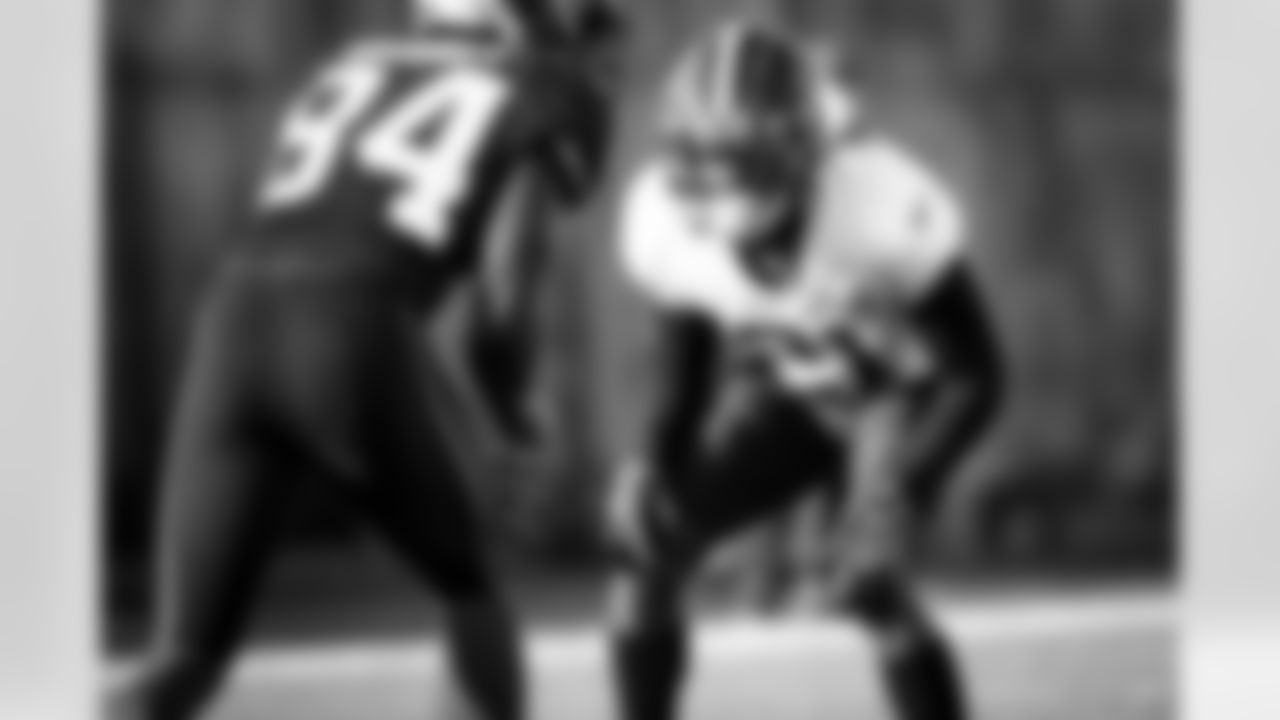
Cornerback Denzel Ward (21) during practice on November 18, 2020.

Quarterback Case Keenum (5) during practice on November 18, 2020.
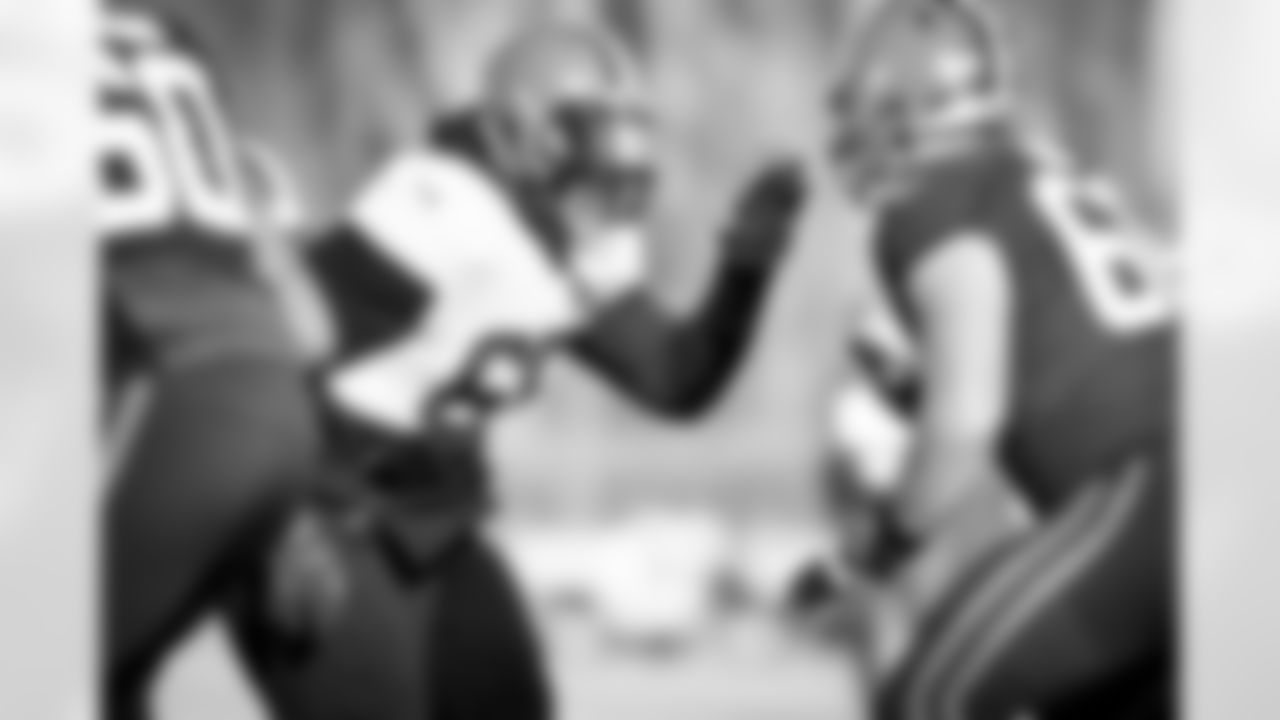
Defensive tackle Larry Ogunjobi (65) during practice on November 18, 2020.

Safety Sheldrick Redwine (29) during practice on November 18, 2020.
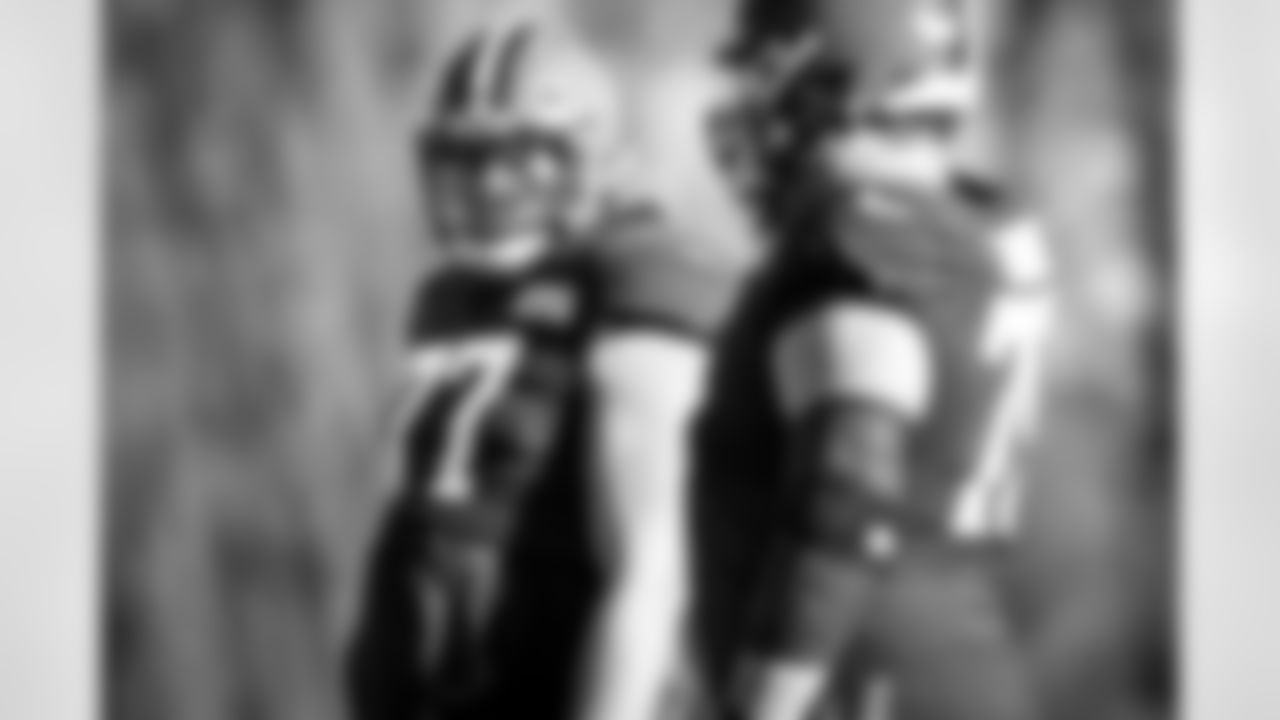
Offensive guard Wyatt Teller (77) during practice on November 18, 2020.
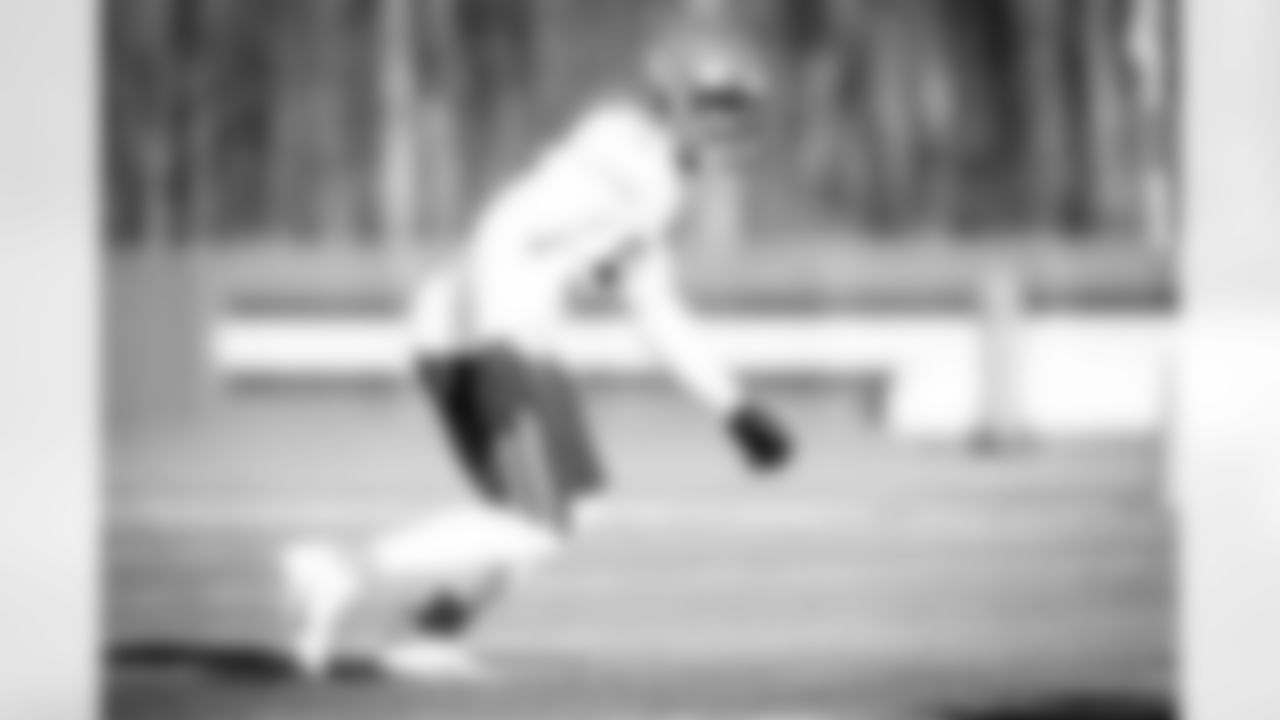
Linebacker Malcolm Smith (56) during practice on November 18, 2020.

Safety Jovante Moffatt (35) during practice on November 18, 2020.
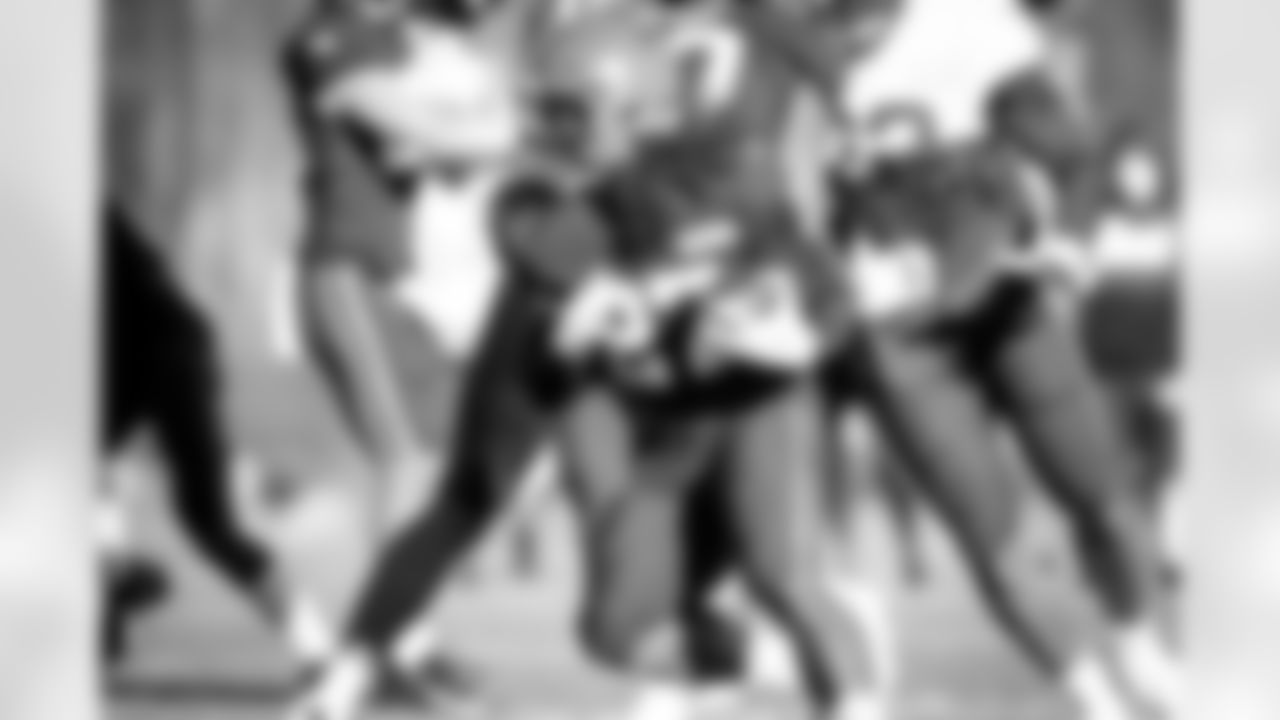
Running Back Kareem Hunt (27) during practice on November 18, 2020.
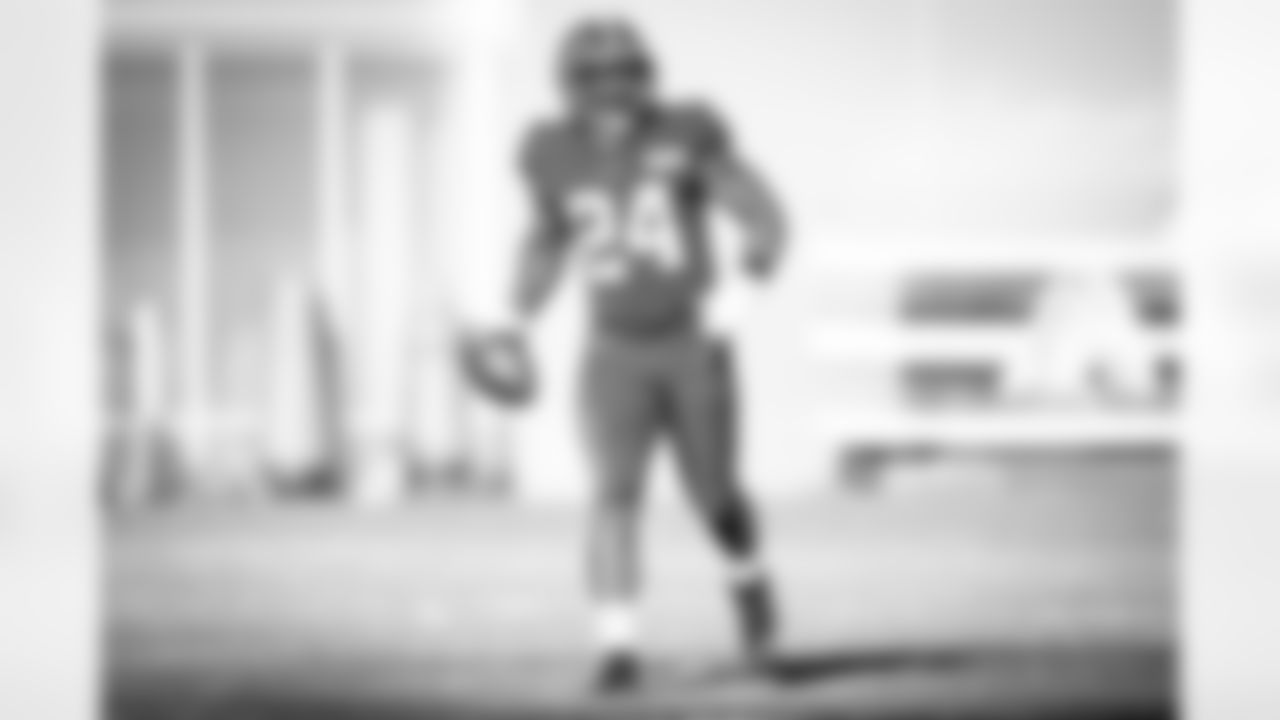
Running Back Nick Chubb (24) during practice on November 18, 2020.

Quarterback Baker Mayfield (6) during practice on November 18, 2020.

Fullback Johnny Stanton (43) during practice on November 18, 2020.

Safety Sheldrick Redwine (29) during practice on November 18, 2020.
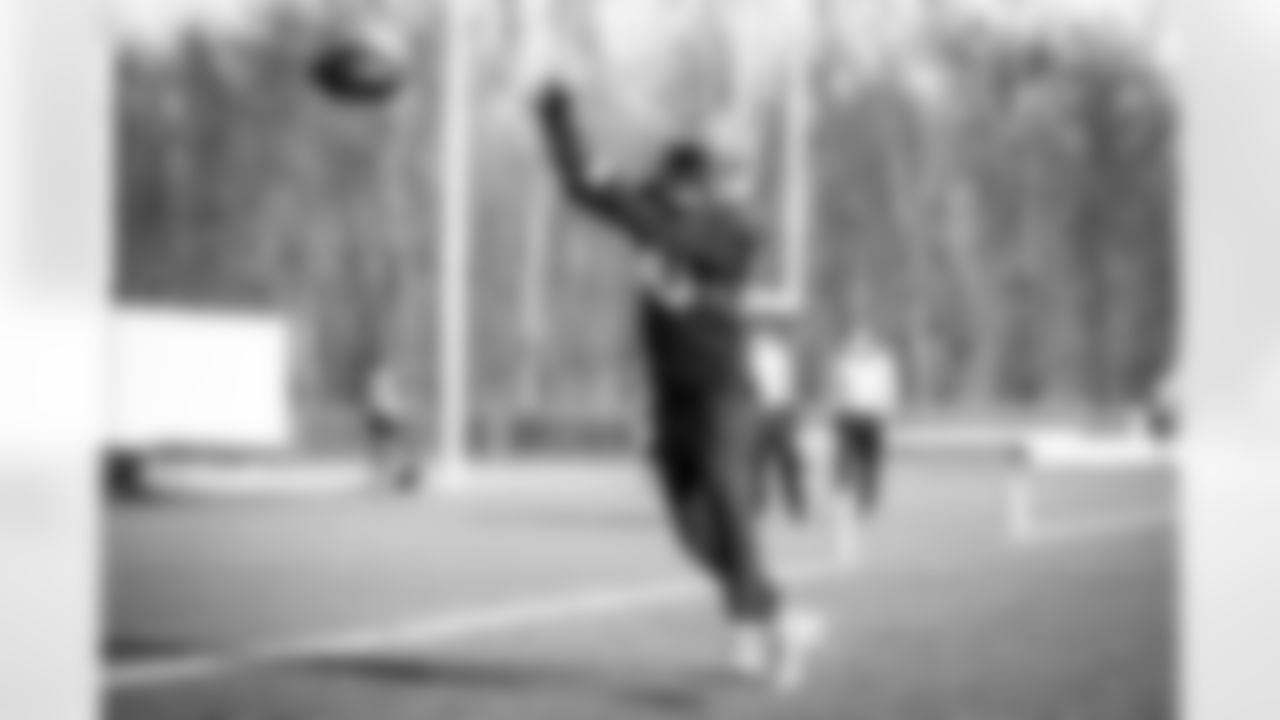
Wide receiver Jarvis Landry (80) during practice on November 18, 2020.

during practice on November 18, 2020.

Wide receiver Rashard Higgins (82) during practice on November 18, 2020.
Mayfield will likely have to play through another afternoon of tough weather Sunday at FirstEnergy Stadium — the forecast currently has a high chance of precipitation, although the wind speeds are predicted to be down to a much calmer 9 miles per hour, according to The Weather Channel.
No matter the conditions, Mayfield knows what he must do best: protect the ball. He didn't have any turnovers in the last two gusty games, and the ball protection either helped the Browns preserve a lead or stay within striking distance of the opponent.
"I enjoy seeing how everyone handles it," he said. "Everybody has to deal with the same conditions, so if you can adapt and handle it the best way possible, then great. That's my mentality going into it week in and week out. Just take care of the ball."
That's no easy task, however, when nearly every pass is at risk of landing off target due to wind, rain or any of the other odd weather conditions the Browns have played with in their previous two games. A tight spiral — which relies on perfect footwork and arm positioning — is even more important to making an accurate pass, and any wobble on the ball might be the difference between a completion and an interception.
Mayfield said he's developed a better understanding of that philosophy over the last two games. He might need it again Sunday, too.
"I've learned that on some of these throws, you really have to put some mustard behind them," he said. "You have to try and judge the wind as best as possible."
Mayfield remembered one throw from his Week 10 performance as an example. He was looking to hit wide receiver Jarvis Landry on a deep third-and-4 pass, except the throw sailed over Landry's head. The spiral was good, but the ball was thrown with just a little too much juice and carried over Landry and, thankfully, all other defenders as the wind zipped it away.
"I tried to put some touch on it," Mayfield said, "but it just got caught in that jet stream and went right over his head."
Mayfield, though, still did enough to help the Browns win. Sure, it helps when an offense is aided by Nick Chubb and Kareem Hunt, two Pro Bowl running backs who combined for 38 carries Sunday. An efficient run game always helps when the gameday weather is poor, but big throws will always be needed for a team to move down field. Mayfield knows he must deliver them no matter the conditions.
If the Browns have any more windy games ahead, Mayfield will be even more prepared to throw the football. No pass in the wind is easy, but Mayfield now has plenty of experience.
"Teams that make the least amount of mistakes in those games control the ball," he said. "We just have to stay as efficient as possible. It's a big field position game, when you have games where weather affects that much. You just have to really control that and play chess, not checkers."













